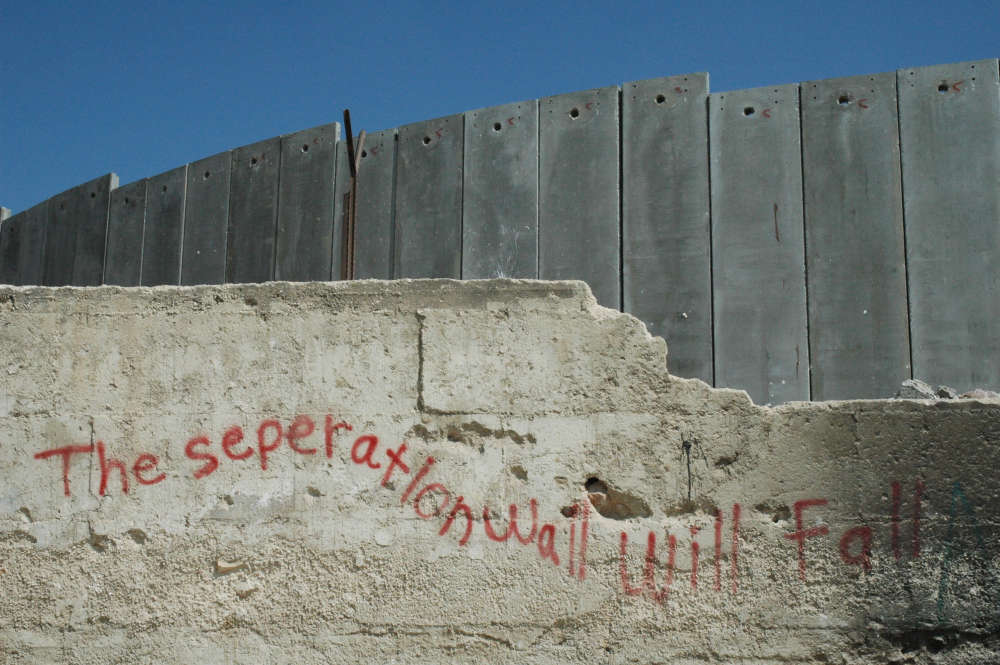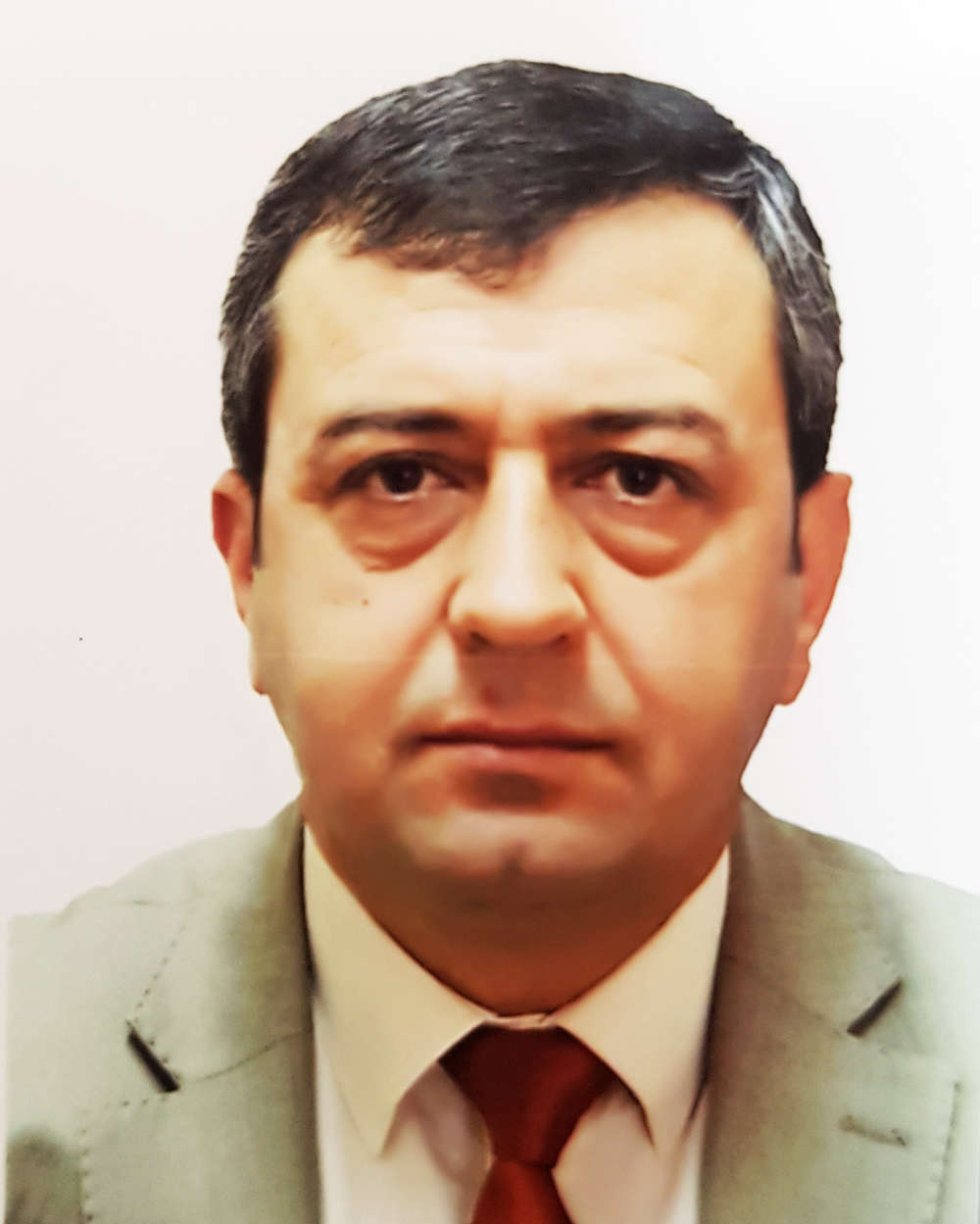Our planet is one of the five main pillars of the 2030 Agenda, which was ratified by the United Nations and adopted by the leaders of 193 states in September 2015. Earth holds the natural resources without which humans cannot live; any disruption of environmental natural balances poses a threat to our lives. Natural resources refer to the food we eat, the water we drink, the air we breathe, and nature – which relentlessly struggles to adapt to absorb our wastes and pollutants. Natural resources also include the numerous land and marine fauna and flora that fill our planet; they represent the basis of food security and form the most important components of food chains.
Traditionally, development considerations have favored socioeconomic over environmental dimensions. It has been proven, however, that sustainable development cannot be achieved without the environment and natural resources. Focus and visions have shifted, so that sustainable development, in its new definition, covers the environment as well as social and economic aspects. Thus, the Sustainable Development Goals (SDGs) explicitly refer to the environmental dimension in one-third of the goals, which include 46 targets and 56 indicators. The agenda furthermore includes targets with close connection to the environment in other goals, thus giving clear evidence of the importance of the environmental dimension.
Palestine has made a commitment to implementing and nationalizing the SDGs out of its conviction that all inhabitants of the planet must consolidate their efforts in order to sustainably safeguard and administer the planet and its resources. Moreover, the Palestinian state has taken on the challenging responsibility to safeguard its natural resources, as its rights to their access are violated on a daily basis by the occupation.
For this reason, Palestine has launched the adaptation of its legal and institutional settings in order to secure implementation of the 2030 Agenda. The important first step focuses on the planning framework that regulates the various development sectors in their sectoral and cross-sectoral plans. Integration of the SDGs was considered key in the development of strategies for the next six years. Thus, the goals, targets, and indicators of the SDGs were integrated into the policies, goals, and objectives of the sectoral and cross sectoral strategies, among which is the environmental cross-sectoral strategy. This agenda is furthermore consolidated in the Cross-Sectoral Environmental Strategy 2017–2022, which was based on the National Policy Agenda 2017–2022. Further steps undertaken include the building of local environmental institutions such as the Environment Quality Authority (EQA), which is the official institution leading the work in the environmental sector. Ongoing efforts are under way to prioritize national objectives via serious and continuing coordination with all partners and stakeholders through the national team that was established by the cabinet to follow up and coordinate the implementation of the 2030 Agenda.

At the international level, Palestine has taken initiative by accessing international environmental agreements and by consolidating relations and coordination with relevant international institutions. Thus, Palestine has become a member of the Framework Convention on Climatic Change, the Biodiversity Agreement, and the Basel Agreement.
The main obstacle that hinders Palestine’s advancement toward achieving sustainable development and that could jeopardize enforcement of the 2030 Sustainable Development Agenda is the Israeli occupation, which continues to confiscate Palestinian land and natural resources, and violate the natural environment by discharging its waste into Palestinian land. The international community has the responsibility to support Palestine in its efforts to terminate the occupation and establish an independent state on the pre-June 1967 borders. This will enable Palestinians to gain control over their natural resources and to manage them sustainably in order to safeguard the rights of future generations. The ethical imperative from the 2030 Agenda is particularly poignant for Palestinians and a source of hope: “No one will be left behind.” Palestine must be supported and liberated from the occupation so that, indeed, it will not be left behind.


